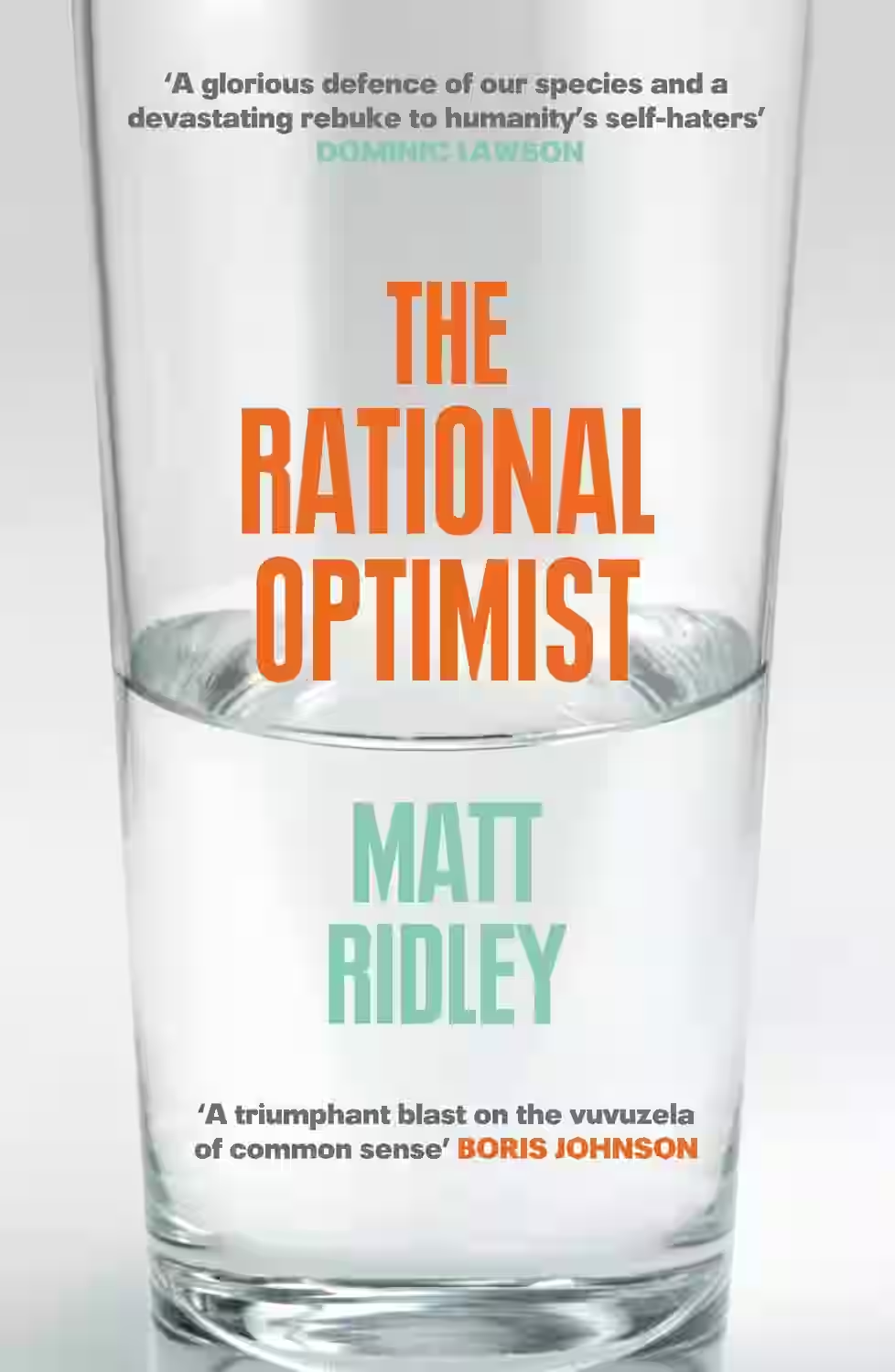
Ridley argues that human progress stems from exchange, innovation, and cooperation—not central planning or pessimism. Spanning economics, history, and biology, The Rational Optimist makes a compelling case for why life continues to improve despite global challenges. It’s an optimistic, data-rich celebration of markets, technology, and humanity’s problem-solving nature.
About Matt Ridley
A British science writer, journalist, and businessman, known for his engaging books that explore evolution, genetics, economics, and human progress. His works, such as The Rational Optimist and Genome: The Autobiography of a Species in 23 Chapters, argue for the power of innovation, exchange, and the benefits of a changing world. Ridley's accessible writing makes complex scientific and economic ideas understandable for a broad audience.
Similar Books
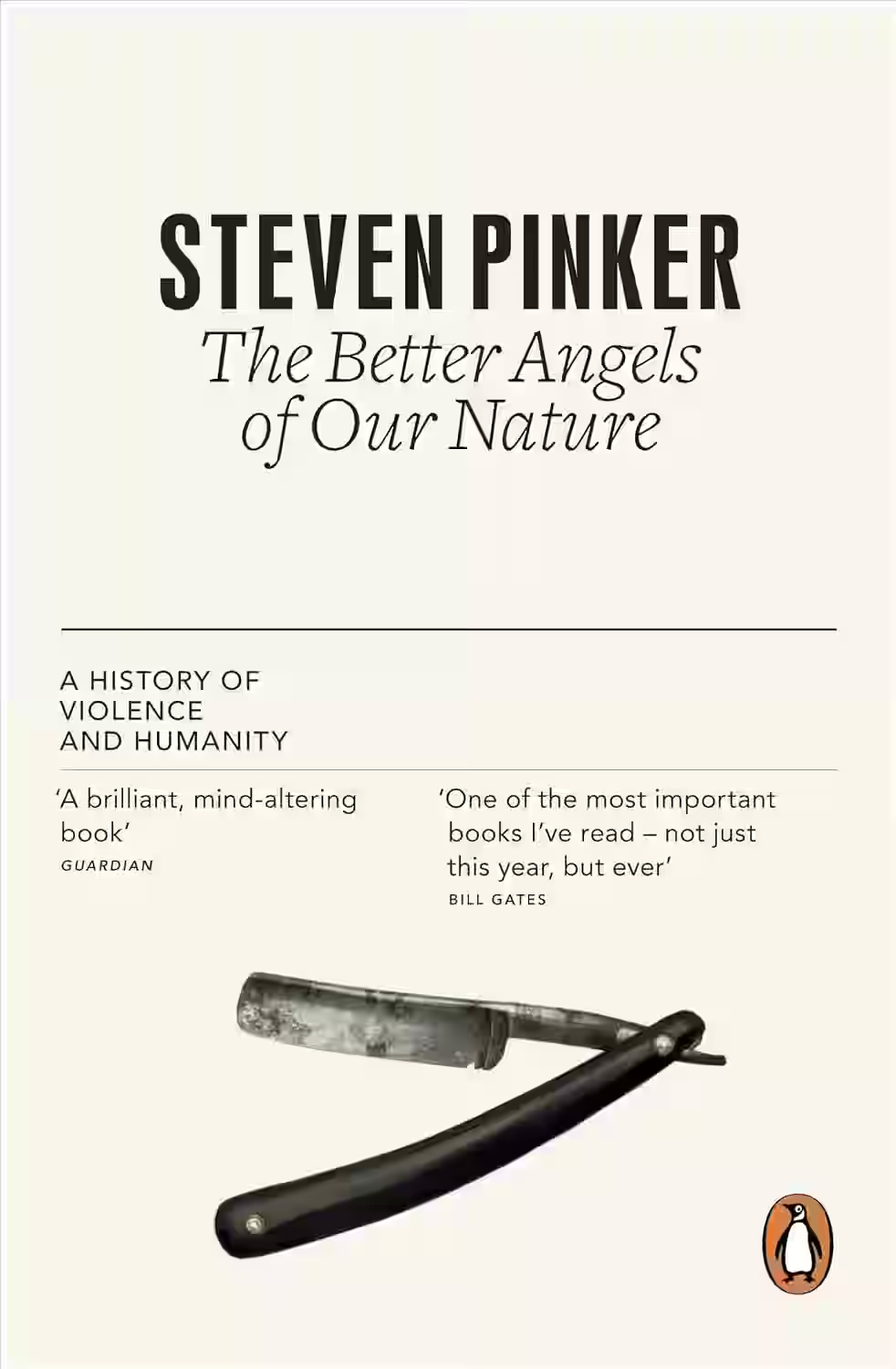
The Better Angels of Our Nature
In The Better Angels of Our Nature, cognitive scientist Steven Pinker argues that, contrary to popular belief, violence has declined significantly over human history. Drawing on data from psychology, history, and political science, Pinker examines how societal changes—such as the spread of literacy, trade, and centralized governance—have contributed to a more peaceful world. He identifies forces like empathy, reason, and moral progress as "better angels" guiding human behavior. Though controversial, the book provides a compelling, data-driven narrative that challenges pessimistic views of human nature and makes a bold case for the progress of civilization over the centuries.
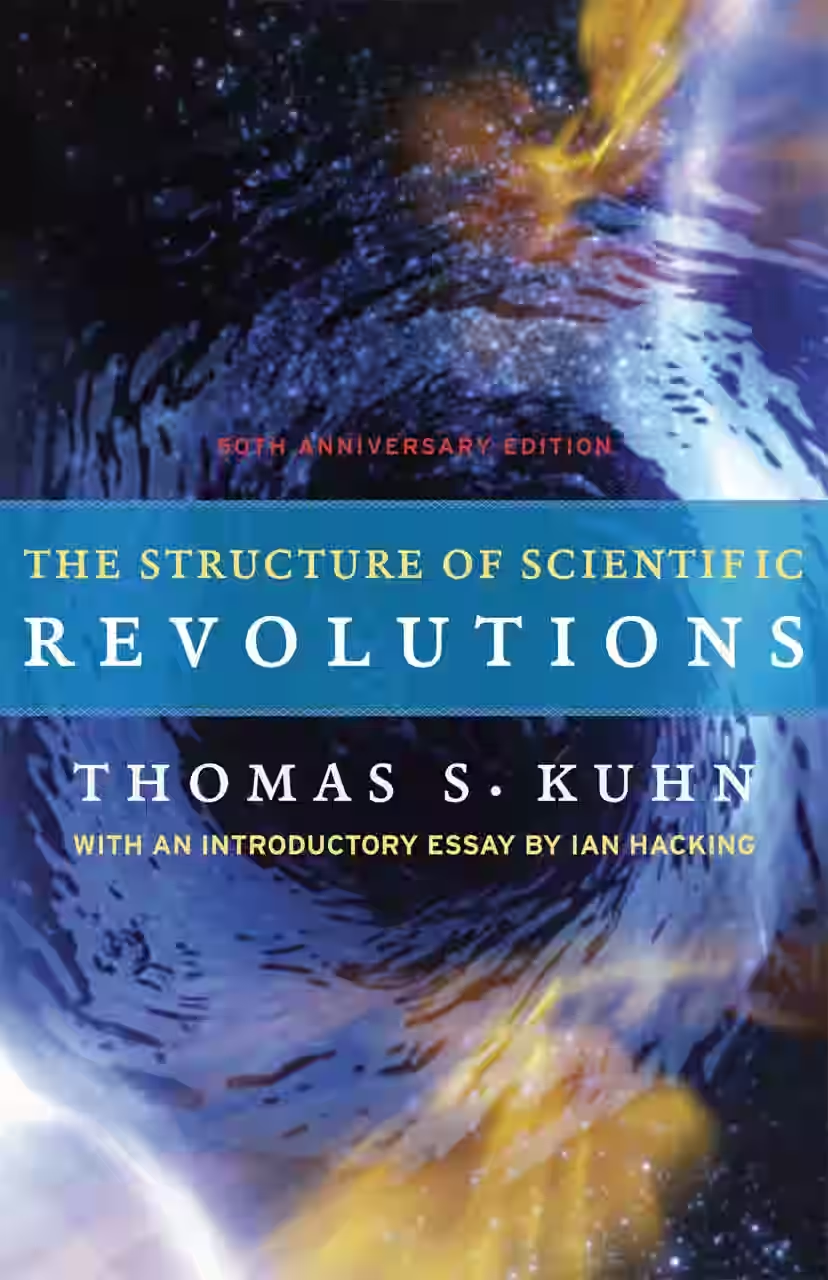
The Structure of Scientific Revolutions
Kuhn’s seminal work revolutionized how we understand science. He argues that scientific progress doesn’t occur gradually, but through paradigm shifts—periods of radical change in fundamental frameworks. Normal science operates within accepted paradigms until anomalies accumulate, prompting a crisis and eventual revolution. Kuhn uses historical case studies to illustrate this cycle, challenging the belief in linear scientific advancement. First published in 1962, The Structure of Scientific Revolutions has had a lasting impact on the philosophy of science, influencing fields from sociology to history. It remains essential reading for anyone seeking to understand how scientific knowledge evolves.
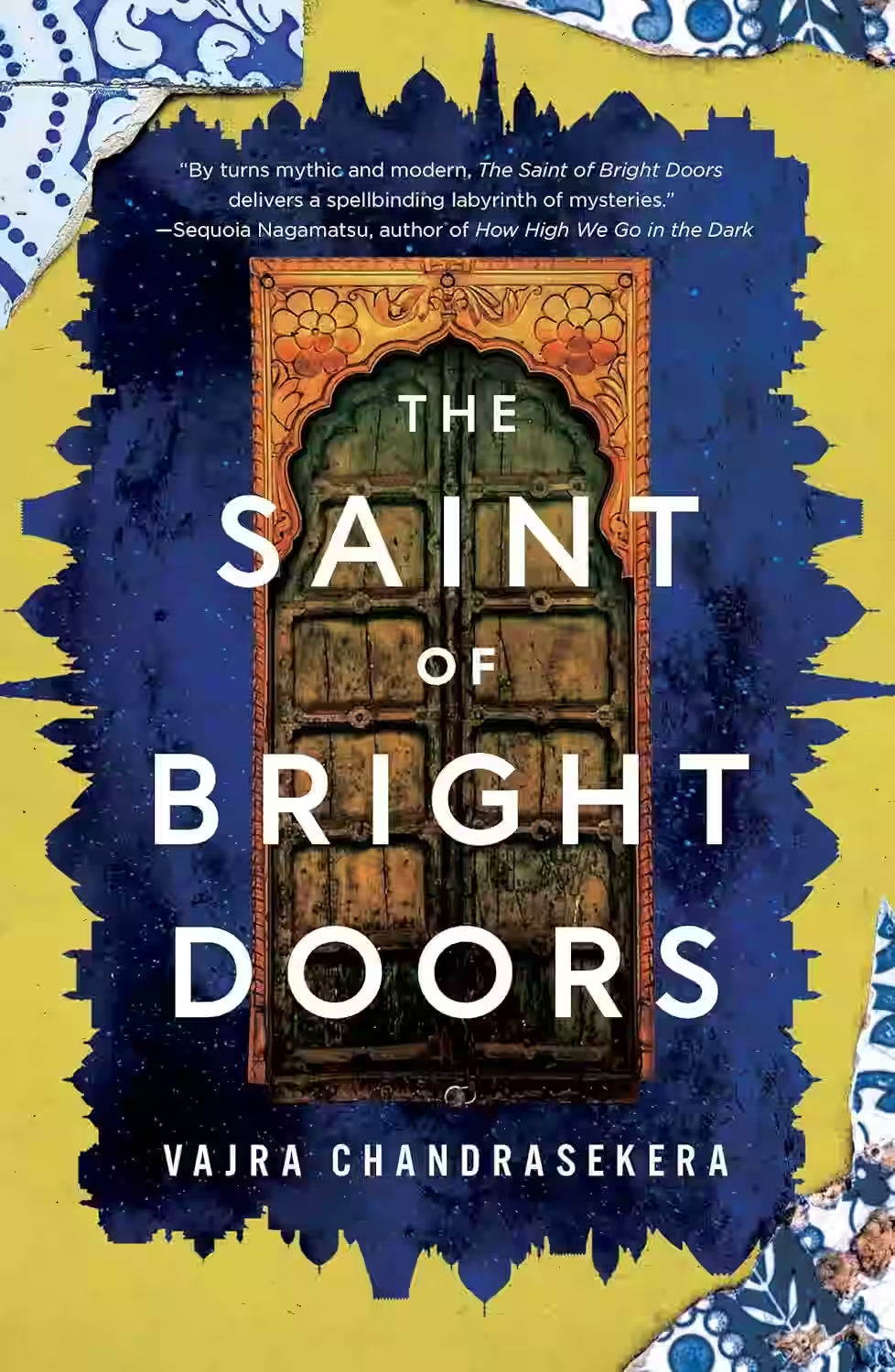
The Saint of Bright Doors
In a world where mysterious portals shimmer in every city, Fetter is raised by a ruthless mother who grooms him to assassinate his father—a powerful spiritual leader. Rejecting this destiny, Fetter flees to the capital, where magic, politics, and personal trauma collide. As he tries to find purpose beyond violence, Fetter is drawn into conspiracies surrounding the bright doors and their true meaning. Blending surrealism with sharp political critique, The Saint of Bright Doors explores themes of agency, faith, and identity in a brutal yet vividly imaginative world. It’s a bold, genre-defying debut that challenges fantasy’s traditional boundaries.
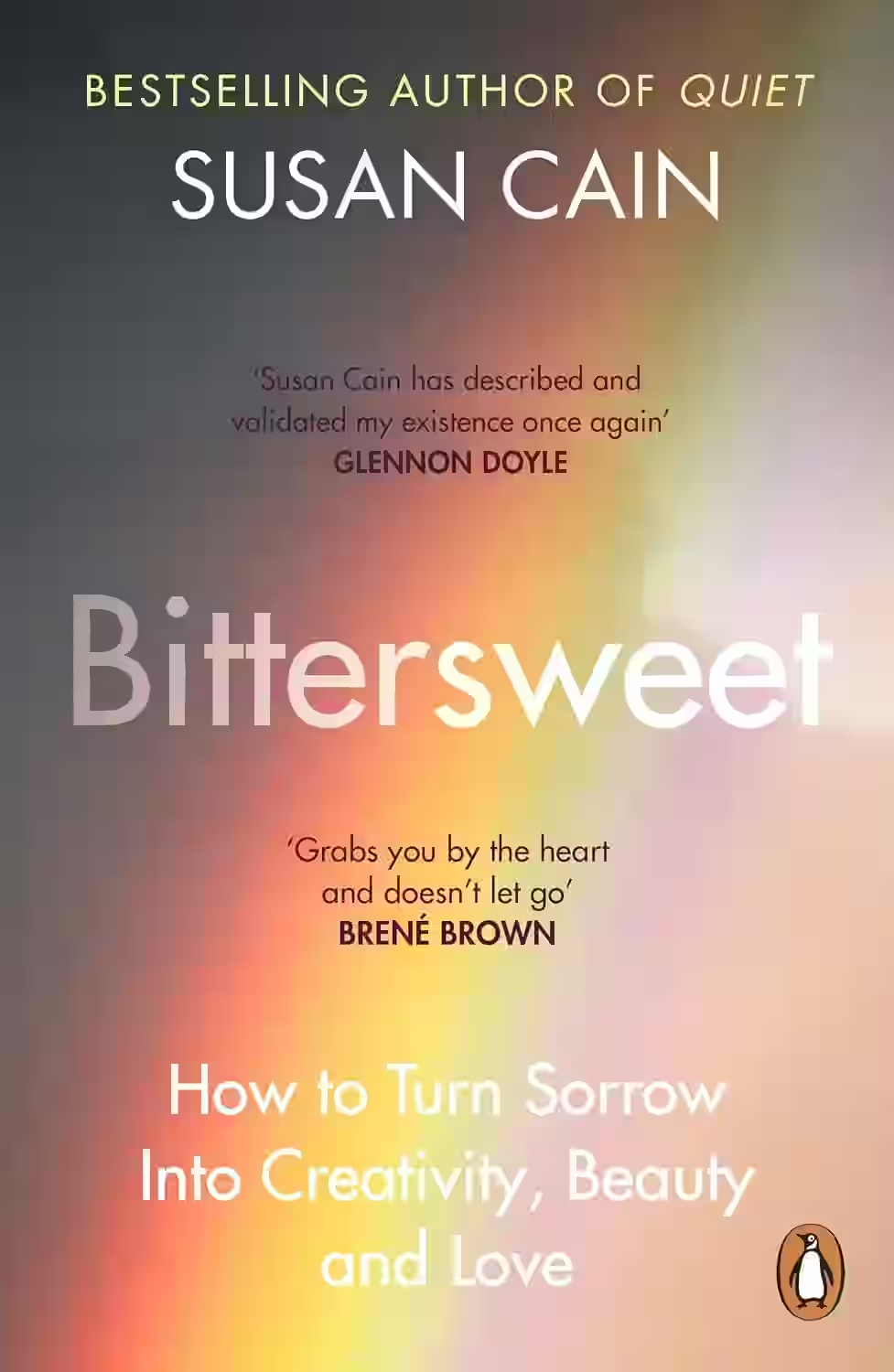
Bittersweet
by Susan Cain
In Bittersweet, Susan Cain examines the power of embracing sorrow and longing as essential aspects of the human experience. She argues that acknowledging and accepting these emotions can lead to greater creativity, connection, and fulfillment. Drawing on research and personal anecdotes, Cain challenges the cultural emphasis on constant positivity, advocating for a more nuanced understanding of happiness. The book offers a compelling perspective on the value of melancholy and its role in leading a meaningful life.